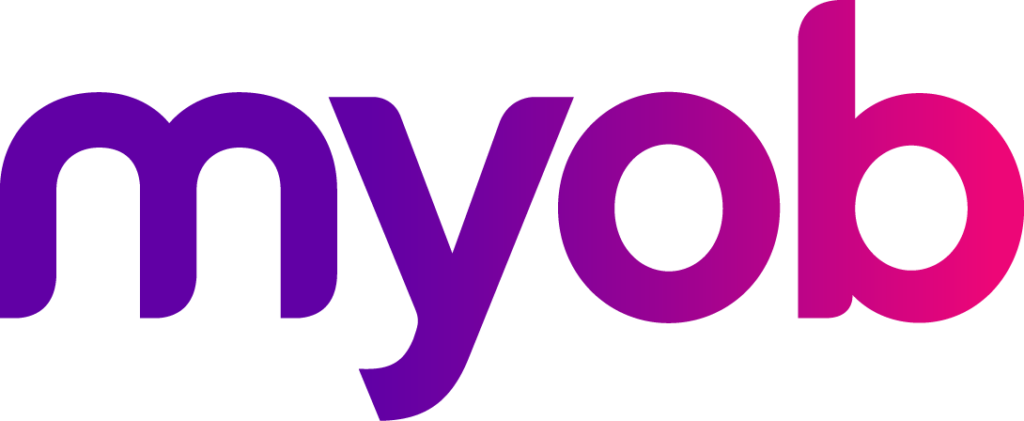If you use your car for work, then it’s beneficial to have a valid car logbook in these circumstances:
1. For your Income Tax Return – Claiming a personal tax return deduction for work related travel cost using your own car.
2. FBT Compliance – Calculating the taxable value of a car fringe benefit when the car is provided by an employer.
For record keeping requirements it is important to understand what a logbook must include.
What should you record in your logbook?
• When the logbook period begins and ends
• The car’s odometer reading at the start and end of the logbook period
• The total number of kilometres the car travelled during the logbook period
• The number of kilometres travelled for each journey
• The odometer reading at the start and end of each subsequent income year your logbook is valid for
• The business-use percentage for the logbook period based on the business use of the vehicle
• The make, model, engine capacity and registration number of the car
For each journey, the following must be recorded:
• reason for the journey (such as a description of the business reason or whether it was for private use)
• start and end date of the journey
• odometer reading at the start and end of the journey
• kilometres travelled
The ATO is strict in determining whether the purpose of a trip was for business or private. It is best practice to make the entries as soon as possible after each journey, and include further detailed information (e.g., location, name of client, supplier etc.) on the logbook.
Logbook timeframe
A separate logbook must be kept for each vehicle for a continuous 12-week period. The 12-week period may overlap two income/FBT years provided it includes part of the year.
In general, a logbook will be valid for five years assuming business use is consistent throughout this period and maintain odometer reading each year.
If there is a significant variation in the pattern of business use, you may need a new logbook.
Is travel from home to work business related?
In most cases, a trip that starts or ends at your home is generally considered private in nature except in some limited circumstances. For instance:
• Home is your place of business (this does not include a home office.)
• Carrying essential bulky tools and equipment that cannot be stored at your worksite.
• Travelling to or from an alternative place of work.
Logbook Apps
The ATO’s App, ‘my Deductions’ may assist you with your record keeping. You can also use Mobile device Apps to assist you provided they satisfy all the requirements over a 12-week period (as outlined above).
Impact of COVID-19 on new logbook
(If it is your first time using the operating cost method, or it is a logbook year for the car). Due to the impact of COVID-19 on the business usage of vehicles, the ATO has released guidance on the impact of restrictions on new logbook which allow individuals to make a reasonable estimate of the business use to account for changes in driving patterns.
You may have been in the middle of maintaining a logbook at the time the COVID-19 pandemic impacted driving patterns and concerned that the resulting logbook does not reflect the business use of the car. If you are making a reasonable estimate of the business use, you can adjust the use indicated from the logbook to account for the change in driving patterns from COVID-19 impacts.
You must ensure that the logbook still records a continuous period of at least 12 weeks to be able to reasonably estimate business journeys.
An employer uses the operating cost method to value their car fringe benefits, and the 2020 FBT year is a logbook year. They begin maintaining a logbook on 2 February 2020, meaning the logbook must run for at least a 12-week continuous period to 26 April 2020.
However, from early April, in response to the COVID-19 pandemic, the employees’ car usage changes significantly, and there are few or no business journeys for the final four weeks of the logbook period.
When estimating the business use for the 2020 FBT year, the employer may adjust their estimate to reflect the business journeys recorded in the period of the logbook before COVID-19 impacted driving patterns, to ensure it is a reasonable estimate of the business use across the FBT year.
If you need help navigating your logbook requirements, please contact us here.


